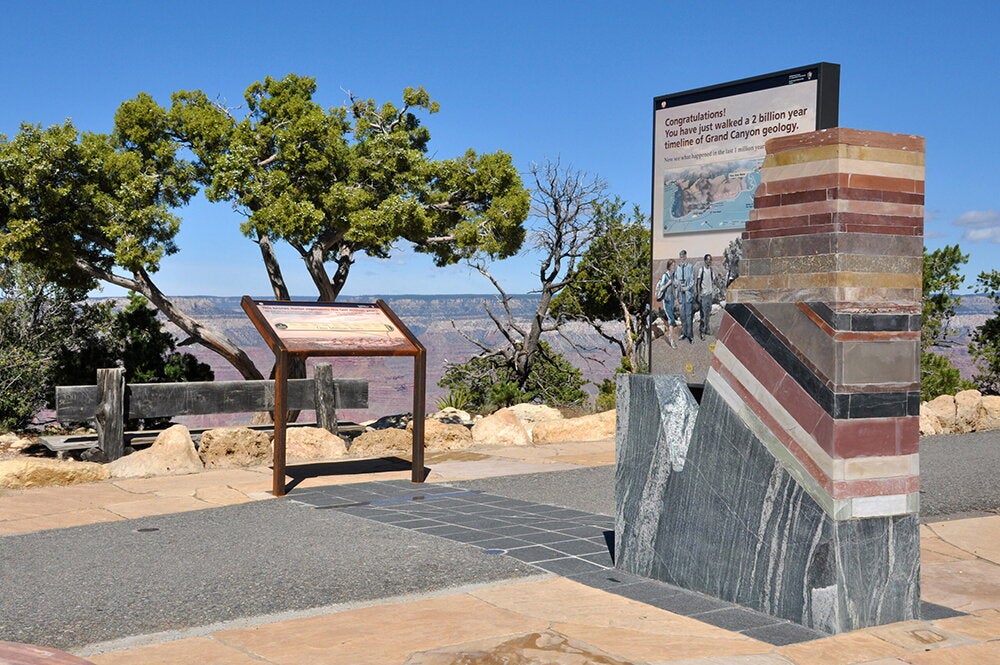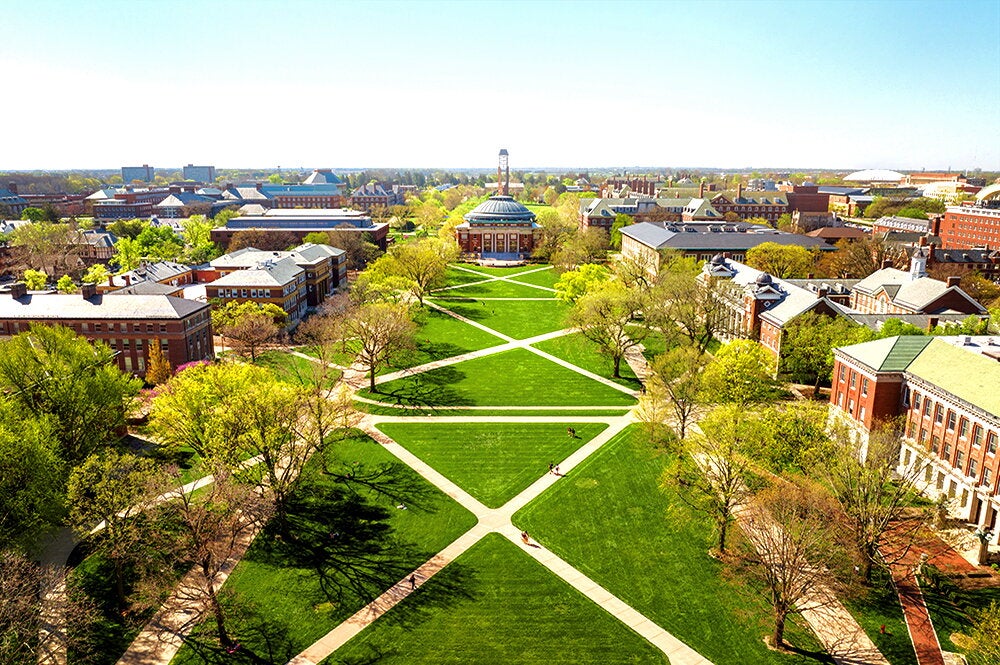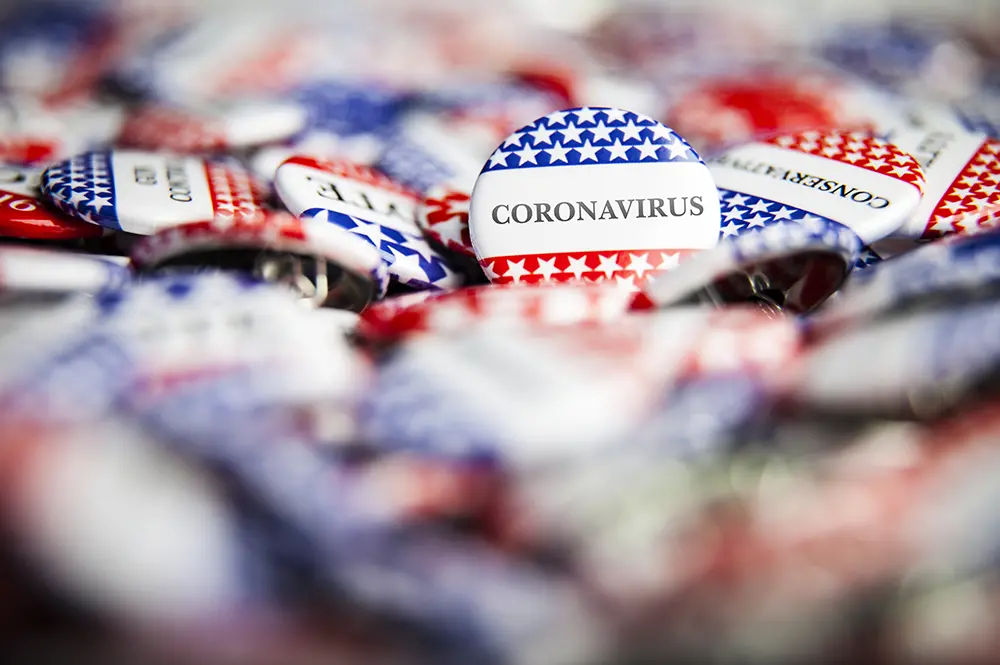
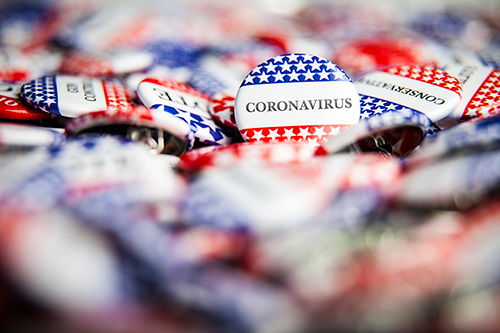
The 2020 U.S. election will be unlike any other in history. The results are hard to predict—there’s nothing unusual about that—but questions also remain about safety, how COVID-19 will affect attitudes and turnout, and even how people will vote. We asked Brian Gaines, professor of political science at Illinois, for an expert’s view of what’s coming on November 3.
What effect will COVID-19 have on voter turnout?
It is an unusually hard year to forecast turnout. The last four presidential elections have seen turnout of about 60 percent of eligible voters. For the whole of Donald Trump's first term, his critics and opponents have exhibited extreme enthusiasm, and one might predict that turnout of those keen for a change will be high. If Trump's campaign can regain its footing and shake off the present chaos over the next couple of months, we might see matched excitement.
The pandemic could keep people at home even with fever-pitch excitement, but most states are nudging or pushing absentee voting to try to address fears of voting in person. The primary elections in some states saw surges of turnout. But we don't know, today, just how bad the conditions will be by early November. My wild guess would be a turnout not too different from recent precedent, but I'm not greatly confident in that call.
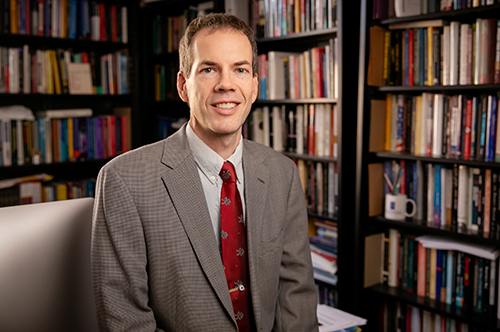
Will unemployment levels affect voting?
A year ago, Donald Trump's case for re-election rested on very good economic performance. With the nation having endured a prolonged and ongoing partial shut down, to try to limit the spread of COVID-19, the economic picture is much, much worse, and the disease also doesn't seem well in check, alas. It is the worst of both worlds for the incumbent. It is not impossible that voters will lay the blame as much on governors as on President Trump, but, on the whole, the bleak economy is likely a problem for Trump and a big edge for Joe Biden.
What have we learned from similar times in history when Americans voted during a crisis?
I don't think that there's a great precedent for the purposes of prediction. The 1918-19 flu epidemic was another massive outbreak of contagious disease, but 1918 was a midterm election, not a presidential one. There was, in fact, a drop-off in turnout at that election that persisted for a few cycles. But the current effort by states to encourage absentee voting saw no parallel back then. That point, plus myriad other great changes over the past century, make the 1918-2020 comparison tricky. Other, more recent crises, from Watergate to the September 11, 2001, terrorist attacks, or the 2008 stock market collapse, seem different in kind from the COVID-19 disaster.
How can we maximize election turnout amid COVID-19?
This question assumes that there's a "we" with the goal of maximizing turnout. States can try to make voting easier, and many would argue that it should be as easy as possible to vote, and that the highest possible turnout is desirable. But a contrary view is that freedoms include the right to ignore politics and abstain, and that getting people uninterested in politics who pay little attention to public affairs to vote isn't necessarily a good thing. Moreover, the flip side of increased convenience is reduced security. The tradeoff between preventing fraud and reducing error, on the one hand, and making voting as easy as possible on the other poses political choices with no obvious "correct" balance.
People who want to vote should be able to do so, relatively safely and without having to make extraordinary efforts. But the American federal system ensures that the voting experience is not identical for all voters in the U.S., and "relatively safely" and "extraordinary efforts" can be defined differently by different, reasonable people.
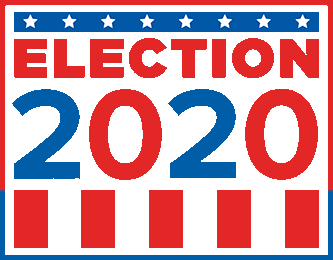 Any additional thoughts on what will happen in November?
Any additional thoughts on what will happen in November?
The presidential election might not end up too close, but there will surely be some very close races for the U.S. House, U.S. Senate, state legislative seats, and so on. My guess is that a few states will have close races where issues with changes in voting methods—mainly, the switch to absentee or "by mail" voting—look pivotal in retrospect. We might see contests decided on the basis of recounts that expose great differences across counties in how rules on absentee-ballot verification were enforced, or where how to count late-arriving ballots is a critical decision, or where allegations of illegal ballot "harvesting" swirl. I'll be quite surprised if there are no snafus of this sort given the number of states making big changes to how they administer the election.
See more related stories at the Politics and LAS page.
